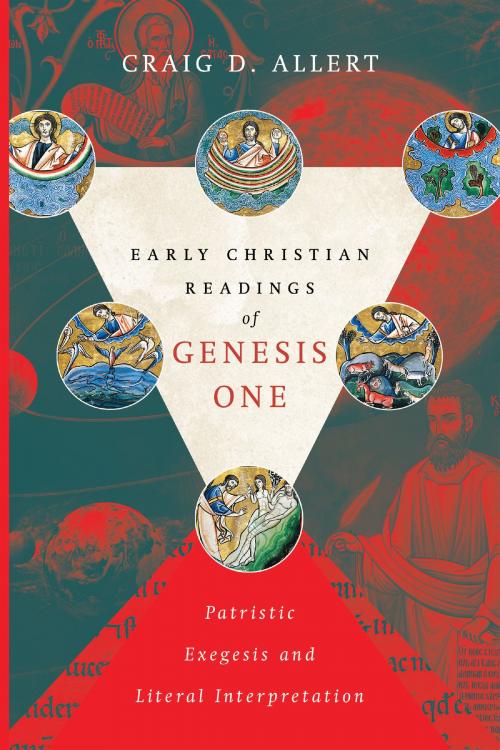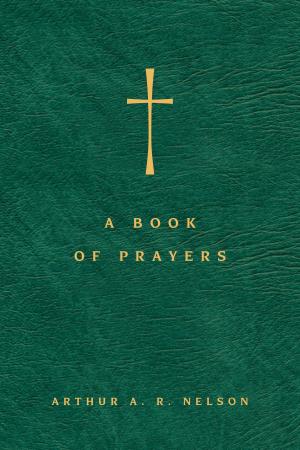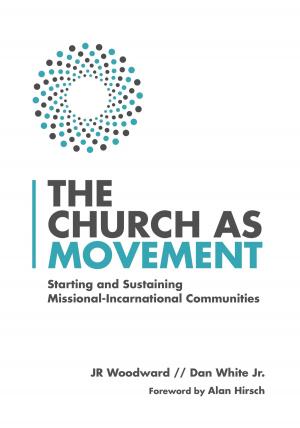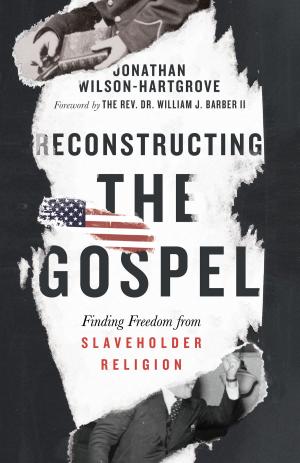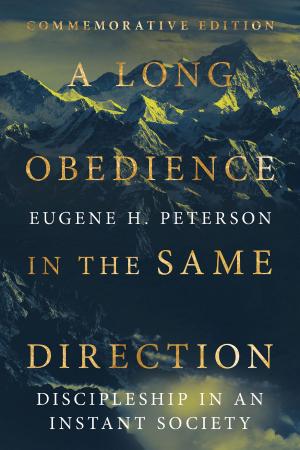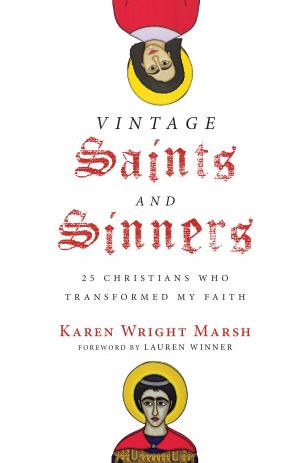Early Christian Readings of Genesis One
Patristic Exegesis and Literal Interpretation
Nonfiction, Religion & Spirituality, Bible & Bible Studies, Old Testament, Criticism & Interpretation, Hermeneutics| Author: | Craig D. Allert | ISBN: | 9780830887835 |
| Publisher: | IVP Books | Publication: | July 24, 2018 |
| Imprint: | IVP Books | Language: | English |
| Author: | Craig D. Allert |
| ISBN: | 9780830887835 |
| Publisher: | IVP Books |
| Publication: | July 24, 2018 |
| Imprint: | IVP Books |
| Language: | English |
Do the writings of the church fathers support a literalist interpretation of Genesis 1? Young earth creationists have maintained that they do. And it is sensible to look to the Fathers as a check against our modern biases. But before enlisting the Fathers as ammunition in our contemporary Christian debates over creation and evolution, some cautions are in order. Are we correctly representing the Fathers and their concerns? Was Basil, for instance, advocating a literal interpretation in the modern sense? How can we avoid flattening the Fathers' thinking into an indexed source book in our quest for establishing their significance for contemporary Christianity? Craig Allert notes the abuses of patristic texts and introduces the Fathers within their ancient context, since the patristic writings require careful interpretation in their own setting. What can we learn from a Basil or Theophilus, an Ephrem or Augustine, as they meditate and expound on themes in Genesis 1? How were they speaking to their own culture and the questions of their day? Might they actually have something to teach us about listening carefully to Scripture as we wrestle with the great axial questions of our own day? Allert's study prods us to consider whether contemporary evangelicals, laudably seeking to be faithful to Scripture, may in fact be more bound to modernity in our reading of Genesis 1 than we realize. Here is a book that resets our understanding of early Christian interpretation and the contemporary conversation about Genesis 1.
Do the writings of the church fathers support a literalist interpretation of Genesis 1? Young earth creationists have maintained that they do. And it is sensible to look to the Fathers as a check against our modern biases. But before enlisting the Fathers as ammunition in our contemporary Christian debates over creation and evolution, some cautions are in order. Are we correctly representing the Fathers and their concerns? Was Basil, for instance, advocating a literal interpretation in the modern sense? How can we avoid flattening the Fathers' thinking into an indexed source book in our quest for establishing their significance for contemporary Christianity? Craig Allert notes the abuses of patristic texts and introduces the Fathers within their ancient context, since the patristic writings require careful interpretation in their own setting. What can we learn from a Basil or Theophilus, an Ephrem or Augustine, as they meditate and expound on themes in Genesis 1? How were they speaking to their own culture and the questions of their day? Might they actually have something to teach us about listening carefully to Scripture as we wrestle with the great axial questions of our own day? Allert's study prods us to consider whether contemporary evangelicals, laudably seeking to be faithful to Scripture, may in fact be more bound to modernity in our reading of Genesis 1 than we realize. Here is a book that resets our understanding of early Christian interpretation and the contemporary conversation about Genesis 1.
